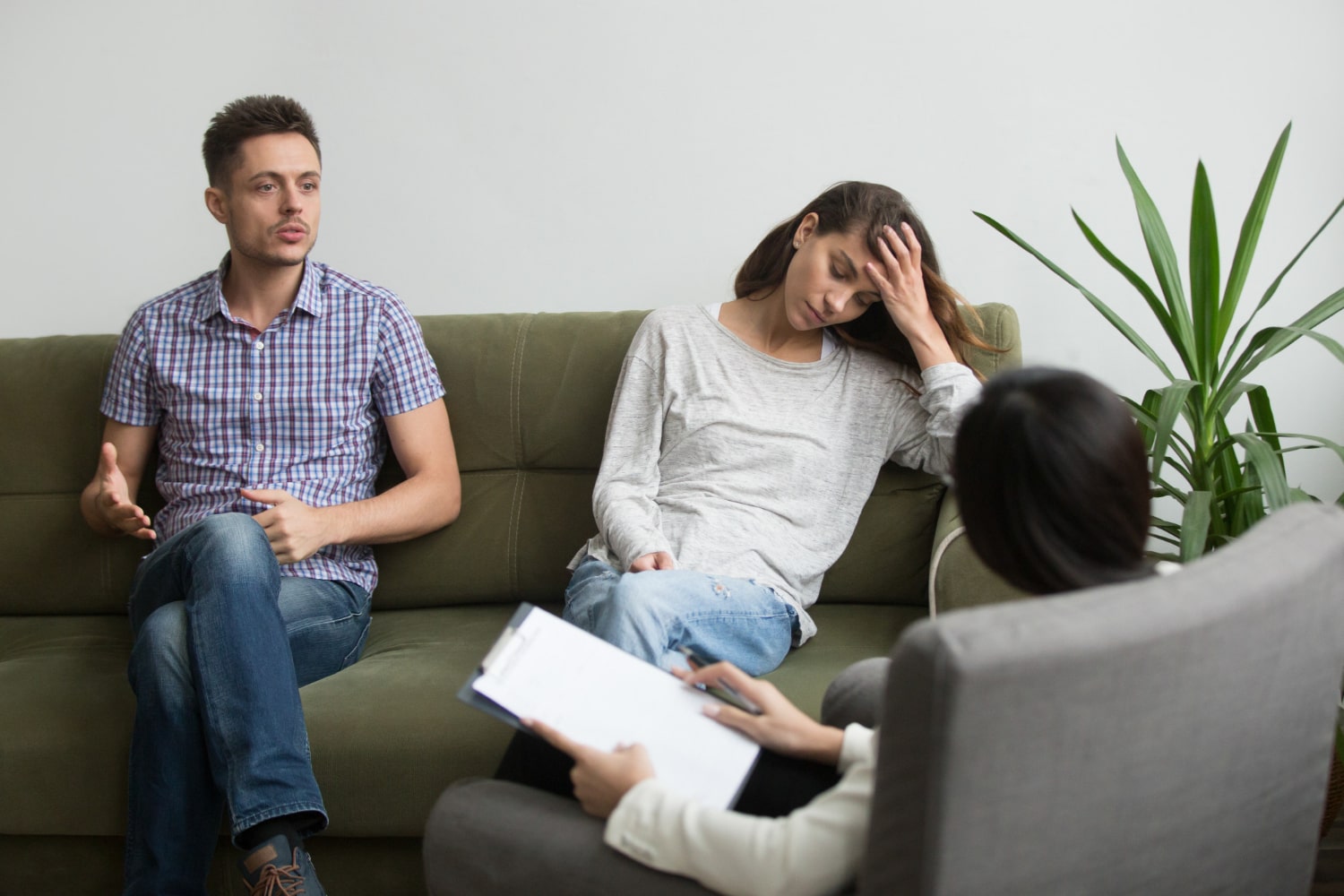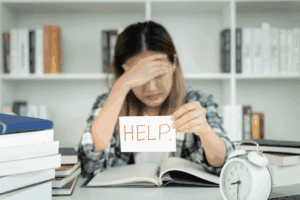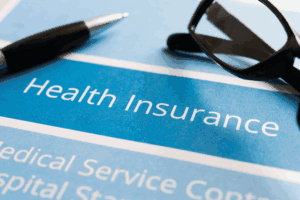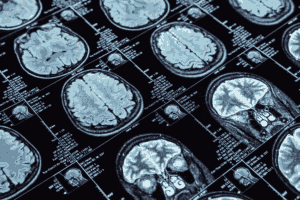Depression is a rampant and often weakening condition that affects millions of people worldwide. While medication is a common treatment option, there are various non-medication approaches that can be effective in managing and overcoming depression. This comprehensive guide explores how to treat depression without medication by focusing on therapy, lifestyle changes, exercise, mindfulness, support systems, routines, and progress monitoring.
Understanding Depression
Depression is a complex mental health disorder characterized by persistent feelings of sadness, hopelessness, and a lack of interest or pleasure in daily activities. It can affect anyone, regardless of age, gender, or background. Understanding depression is the first step towards overcoming it.
Symptoms and Causes
The symptoms of depression can vary widely but often include:
- Persistent sadness or low mood
- Loss of interest or pleasure in activities once enjoyed
- Changes in appetite and weight
- Sleep disturbances (insomnia or oversleeping)
- Fatigue or loss of energy
- Difficulty concentrating, making decisions, or remembering things
- Feelings of worthlessness or excessive guilt
- Recurrent thoughts of death or suicide
Depression can result from a combination of genetic, biological, environmental, and psychological factors. Stressful life events, trauma, chronic illness, and substance abuse can also contribute to the onset of depression.
Non-Medication Approaches
While medication can be beneficial for some, others may prefer or require non-medication approaches to manage their depression. These approaches can be effective and empowering, helping individuals take control of their mental health in a holistic manner.
Therapy and Counseling
Engaging in therapy and counseling is a cornerstone of non-medication approaches to treating depression. Different forms of therapy, such as cognitive-behavioral therapy (CBT), interpersonal therapy (IPT), and psychodynamic therapy, can help individuals explore their thoughts, feelings, and behaviors. Therapy can provide coping strategies, help reframe negative thinking patterns, and address underlying issues contributing to depression.
For those in specific regions, seeking out local resources, such as depression therapy in Houston or depression therapy in Dallas, can connect individuals with professionals who understand their area’s unique cultural and social dynamics.

Lifestyle Changes
Making positive lifestyle changes can significantly impact mental health and help alleviate symptoms of depression. These changes can include:
- Healthy Diet: Eating a balanced diet rich in fruits, vegetables, whole grains, lean proteins, and healthy fats can improve overall well-being and energy levels.
- Adequate Sleep: Establishing a regular sleep routine and ensuring sufficient rest can improve mood and cognitive function.
- Limiting Alcohol and Avoiding Drugs: Reducing or eliminating substance use can prevent exacerbation of depression symptoms.
Exercise and Physical Activity
Regular physical activity is one of the most effective non-medication treatments for depression. Exercise releases endorphins, natural mood lifters, and helps reduce stress. Walking, running, swimming, or yoga can be particularly beneficial. Even small amounts of physical activity can make a significant difference.

Mindfulness and Meditation
Mindfulness and meditation practices can help individuals become more aware of their thoughts and feelings, promoting a sense of calm and reducing the impact of stress. Techniques such as deep breathing exercises, progressive muscle relaxation, and guided imagery can be incorporated into daily routines. Mindfulness-based cognitive therapy (MBCT) combines mindfulness practices with cognitive therapy principles and is effective in preventing depression relapse.
Building a Support System
Having a strong support system is crucial for anyone dealing with depression. Connecting with family, friends, and support groups can provide emotional support, reduce feelings of isolation, and offer practical assistance. Sharing experiences with others who understand can be incredibly validating and comforting.
Creating a Routine and Setting Goals
Establishing a daily routine can provide structure and a sense of purpose, which can be particularly beneficial for those struggling with depression. Setting small, achievable goals can create a sense of accomplishment and motivation. Whether maintaining personal hygiene, engaging in hobbies, or completing household tasks, routines, and goals can help individuals regain control over their lives.
Monitoring Progress and Seeking Help When Needed
Regularly monitoring your progress is essential in managing depression. Keeping a journal to track mood changes, activities, and achievements can provide valuable insights into what works and what doesn’t. If symptoms persist or worsen, it is crucial to seek professional help. Combining non-medication approaches with professional guidance can enhance the overall effectiveness of treatment.
Salience Neuro is Always There for You to Beat Depression
At Salience Neuro, we understand the complexities of depression and are committed to providing comprehensive support to those in need. We offer a range of services, including traditional therapy and innovative treatments like transcranial magnetic therapy for depression. Our team of experienced professionals is dedicated to helping you find the most effective strategies for managing and overcoming depression.
Conclusion
Overcoming depression without medication is possible through a combination of therapy, lifestyle changes, exercise, mindfulness, and a strong support system. By understanding depression and its causes, making positive changes, and seeking professional help when needed, individuals can regain control of their mental health. Remember, Salience Neuro is here to support you every step of the way in your journey to beat depression. If you’re in Houston or Dallas, our specialized depression therapy services are tailored to meet your unique needs. Take the first step towards a brighter future by exploring these non-medication approaches and reaching out for the help you deserve.
Frequently Asked Questions
Yes, many individuals manage and recover from depression without antidepressant medication. Non-medication approaches such as therapy, lifestyle changes, and social support can be effective in treating mild to moderate depression. However, a healthcare professional should determine the appropriateness of medication based on the severity of symptoms and individual circumstances.
See If TMS Therapy Is Right For You
Schedule Your Consultation Today


